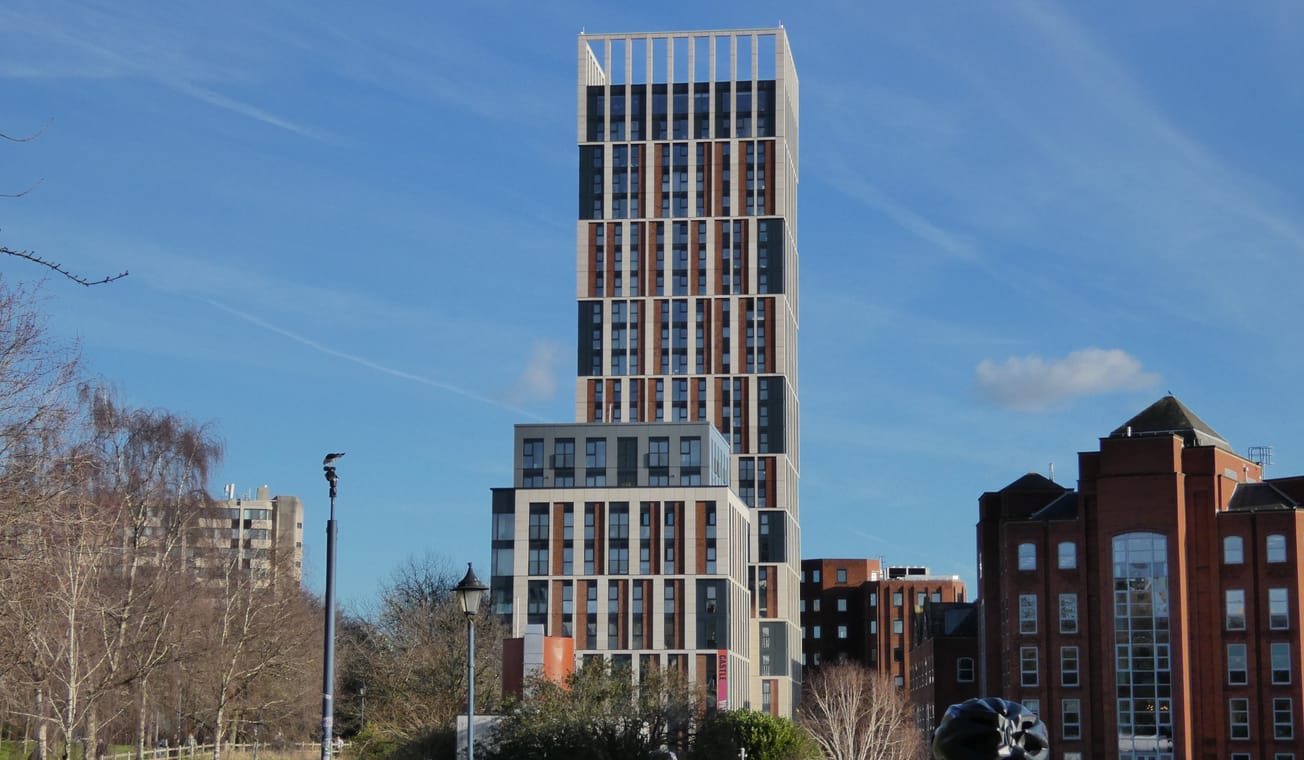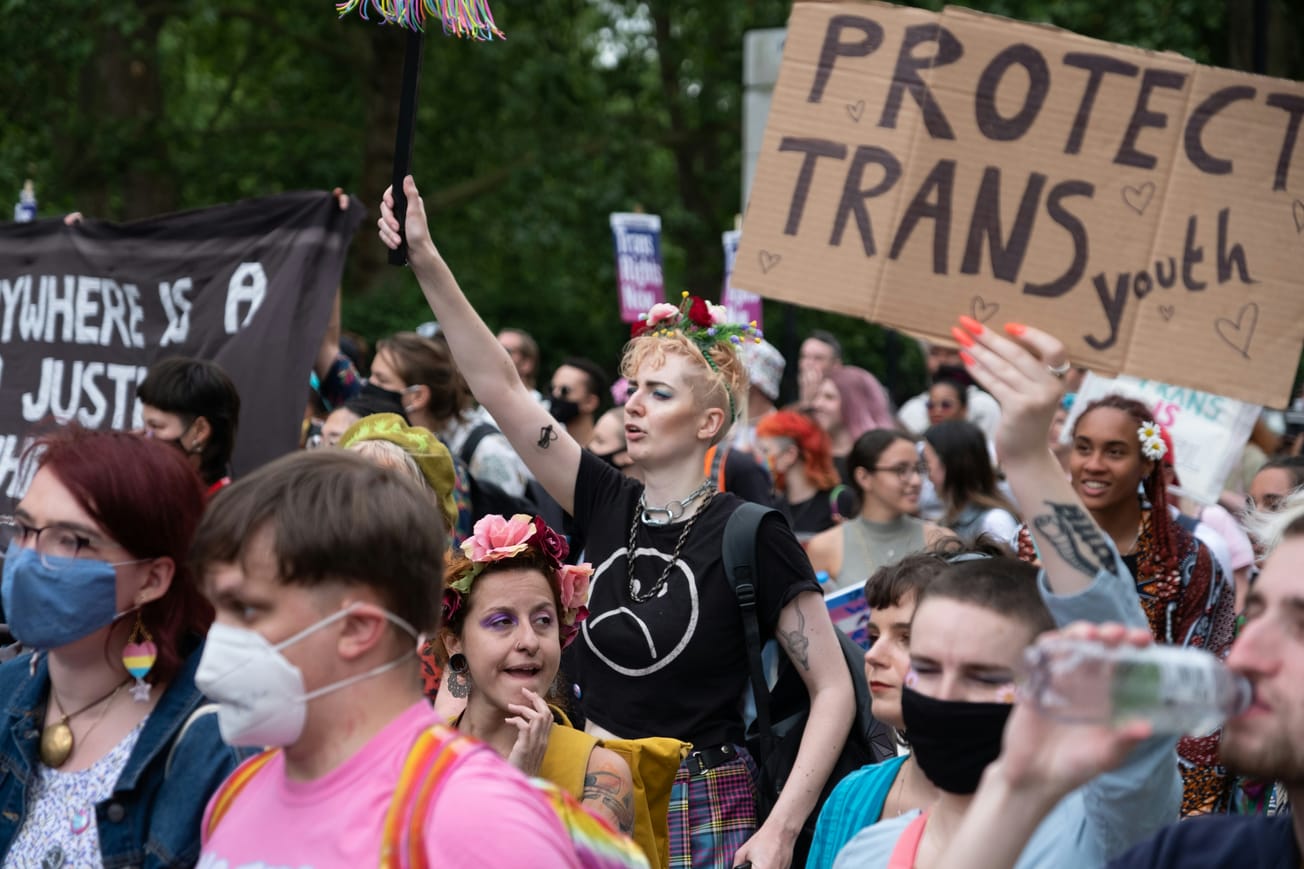Lucy Thompson reports on Bristol's branch of the movement which is trying to diversify our curricula.
Bristol SU’s BME (Black and Minority Ethnic Association) on the 04 February hosted its first official session discussing ‘race’ as a social construct and the connotations of ‘whiteness’, relating this to the lack of diversity and white curriculums at British universities.
The ‘Why is my curriculum white?’ campaign was originally founded at UCL in order to address the Euro-centric bias in university curricula, provoked by a survey conducted by NUS Black Students that found ‘42% did not believe their curriculum reflected issues of diversity, equality and discrimination’ and ‘34% stated they felt unable to bring their perspective as a Black student to lecture and tutor meetings’.
Since then ‘Why is my curriculum white?’ has swept across British Universities, posing important questions about how Universities can address the white monoculturalism and eurocentrism that has pervaded curriculums and the imbalance of white staff to BME staff.
The session involved the discussion of curriculum and BME academics, and began with a fascinating discussion of the definition of ‘whiteness’, stemming from Dr Steve Garner’s book Whiteness: An Introduction. Garner, who was in attendance, argues in his work that ‘whiteness’ is not referring to ‘white people’ or one’s complexion but represents the toxic hierarchical system whereby ‘whiteness’ is the standard or the norm against which other cultures are seen as inferior.
In the latest figures from the Runnymede Trust it showed that 92% of professors are white and that shockingly there are only 15 black academics in senior management roles.Whiteness is fluid and a social construct that only exists when in opposition to another culture. A member of the group used an example to express this, pointing out that the Catholic Irish were not seen as ‘white’ when they were oppressed in America, but were ‘othered’ and seen by the dominant culture as a different race due to their lack of privilege and power.
This different approach to race as a damaging and dangerous social construct was eye-opening. It occurred to me that it was almost impossible to define what ‘white culture’ actually is, as whiteness has become so ingrained in our society as an invisible norm. Admittedly, before the session I was ignorant to the connotations of ‘whiteness’ but it has become clear that to combat racism this construct needs to be recognised, acknowledged and deconstructed.
This fed seamlessly into the discussion of Universities’ curricula which focus predominantly on white academics with non-white research rarely at their cores. This imbalance perpetuates white superiority. Alongside this, the group debated ways in which there could be more diversity among University lecturers.
In the latest figures from the Runnymede Trust it showed that 92% of professors are white and that shockingly there are only 15 black academics in senior management roles. Members of the group voiced worries that ways of diversifying staff could lead to ‘tokenism’ and that it would not address the structural problems.
‘there is an assumption in higher education that it is already a progressive workplace and problems like racism don’t exist’A point which I hadn’t considered, which was discussed was that the present environment in higher education is hostile towards ethnic minorities. Moreover, this is perhaps partly responsible for lack of diversity. The University and College Union (UCU) have explored the covert racism and discrimination towards black academics with a film called Witness where academics have spoken out against the hostility they have experienced and have planned a day of action.
The reason for this as Kirsten Forkert, a lecturer in media theory stated, is ‘there is an assumption in higher education that it is already a progressive workplace and problems like racism don’t exist’. As Forkert argues people have been led to believe that in a progressive society racism isn’t prevalent in the workplace and problems have been brushed hastily under the rug.
However, full responsibility for lack of diversity cannot be heaved upon universities as David Cameron appeared to do when he chastised Oxford for ‘not doing enough to attract talent from across our country’. It is rooted deeper in the systemic problems caused by the construct of ‘whiteness’.
Overall, the session was engaging and I left feeling far more informed of Garner’s research and the lack of diversity in higher education. I look forward to the next WIMCW sessions which are set to discuss a myriad of topics such LGBT issues, religion and cultural appropriation.
Featured Image: Why is my curriculum white? Facebook group.
Have you been at any of the events? What do you think the University should do to improve the diversity of its curricula? Let us know in the comments below or tweet us @EpigramFeatures.









